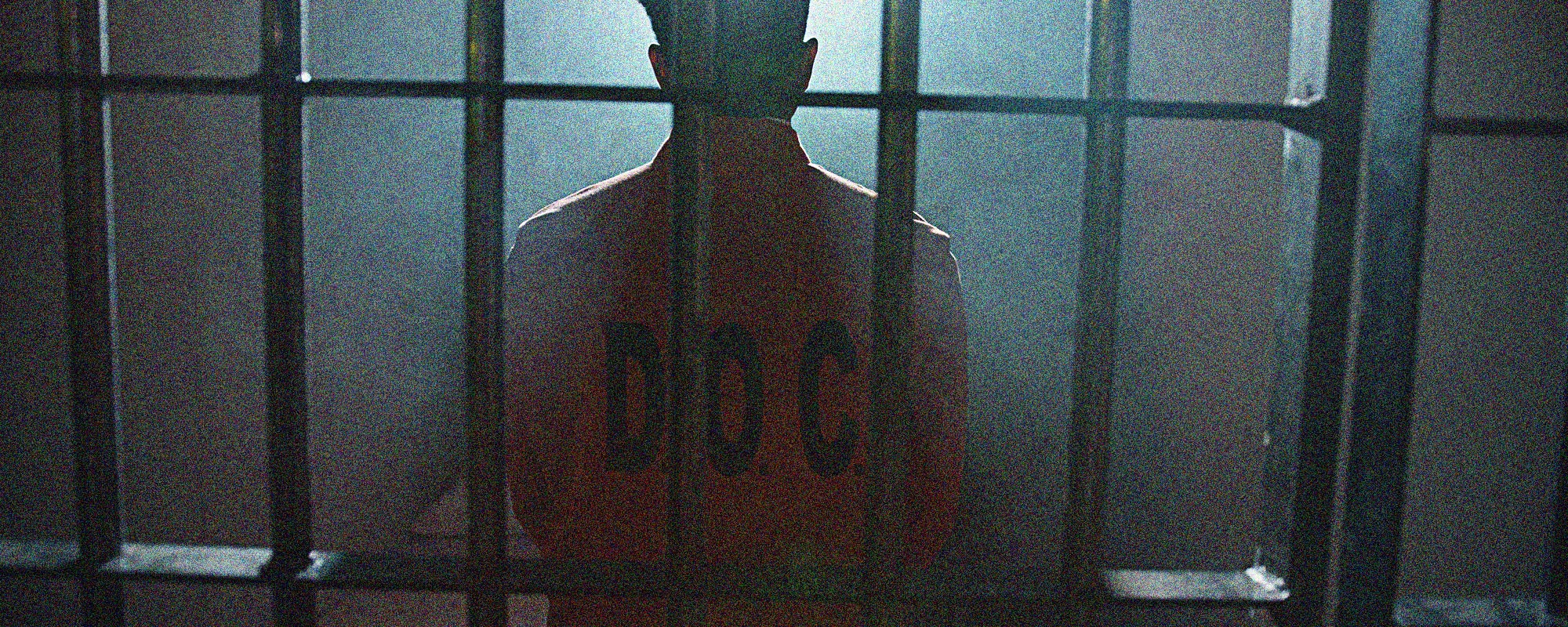Earlier this summer the Canadian Civil Liberties Association and a number of other groups urged the federal government to put immediate limits on the use of dry cells – a form of imprisonment that the Office of the Correctional Investigator has called “the most degrading, austere and restrictive imaginable in federal corrections.”
Unfortunately, the legal changes that were called for were not made. Instead, we were told that the government would pursue a ministerial directive and regulations to put essential safeguards in place.
Yesterday the ministerial directive was issued. The directive calls on CSC to respect existing provisions with direction around reporting requirements for Institutional heads. It does not, however, limit the length of time a person can be held in a dry cell. It also does not require authorities to agree to prisoners’ requests for a body scan or X-ray so they show that they are not carrying any contraband.
As set out in our joint press release, it is encouraging that the federal government has recognized the dire need for change. This is the first time, to our knowledge, that the Minister has issued this type of direction to the Correctional Service of Canada. It’s an indication of how serious the situation is. Much more needs to be done, however, to address the ongoing harms caused by dry cells.
What are dry cells?
Dry cells are a form of solitary confinement where a prisoner is strip-searched and then placed alone in a cell with the lights constantly on and no flushing toilet or running water. The prisoner is constantly watched through a window or security camera and staff are required to observe and document the entire time the prisoner is on the toilet and search every bowel movement for contraband.
The conditions, and the impact that this form of solitary confinement has on people, are horrifying. Lisa Adams, who in 2021 won a constitutional challenge to her placement in a dry cell, was held for in a dry cell for over two weeks. Four days into her detention notes taken by prison staff indicated she faced “great mental distress” due to the lack of privacy afforded to her when urinating or attempting to have a bowel movement. Her mental health deteriorated rapidly, and by the end of her placement institutional records confirmed she was rocking repeatedly, crying, pulling her hair, dissociative, unable to communicate, and apparently hallucinating. After nearly two weeks in solitary confinement she was given a pelvic examination, which revealed she had no contraband in her vagina; she was released from the dry cell two days later.
In a separate lawsuit against Canada that has not yet made it to court, Michael Farrell suffered such mistreatment in his dry cell that he tried to kill himself three times, and almost succeeded. He pleaded for an X-ray to show that he had no contraband in him, without avail. The worst dry cell experiences are often for innocent individuals like Ms. Adams and Mr. Farrell. They are held the longest because they have nothing to expel.
What needs to happen?
Over a decade ago the federal Correctional Investigator called for a strict 72-hour limit on dry cell placements; that call was repeated again in 2020 – and again no action was taken.
Even after a successful constitutional challenge which forced the government to change the law, the government passed the narrowest possible amendments to address the constitutional ruling.
The Minister of Public Safety has announced that they are working on regulations. It is past time to put meaningful legal limits that would prevent the unnecessary and prolonged use of dry cells.
The government’s power to imprison a person is, in and of itself, an extreme deprivation of liberty. Dry cells are one of the most undignified and invasive acts carried out by prison authorities. CCLA will continue to stand up for the rights and dignity of all people in Canada.
You can read CCLA’s previous submissions on dry cells here.
Read our joint press release reacting to the Ministerial Directive here.
About the Canadian Civil Liberties Association
The CCLA is an independent, non-profit organization with supporters from across the country. Founded in 1964, the CCLA is a national human rights organization committed to defending the rights, dignity, safety, and freedoms of all people in Canada.
For the Media
For further comments, please contact us at media@ccla.org.





